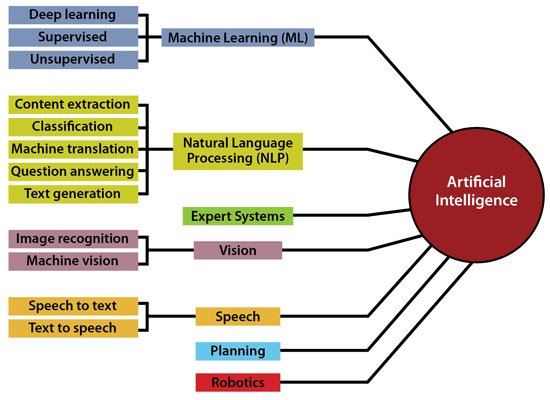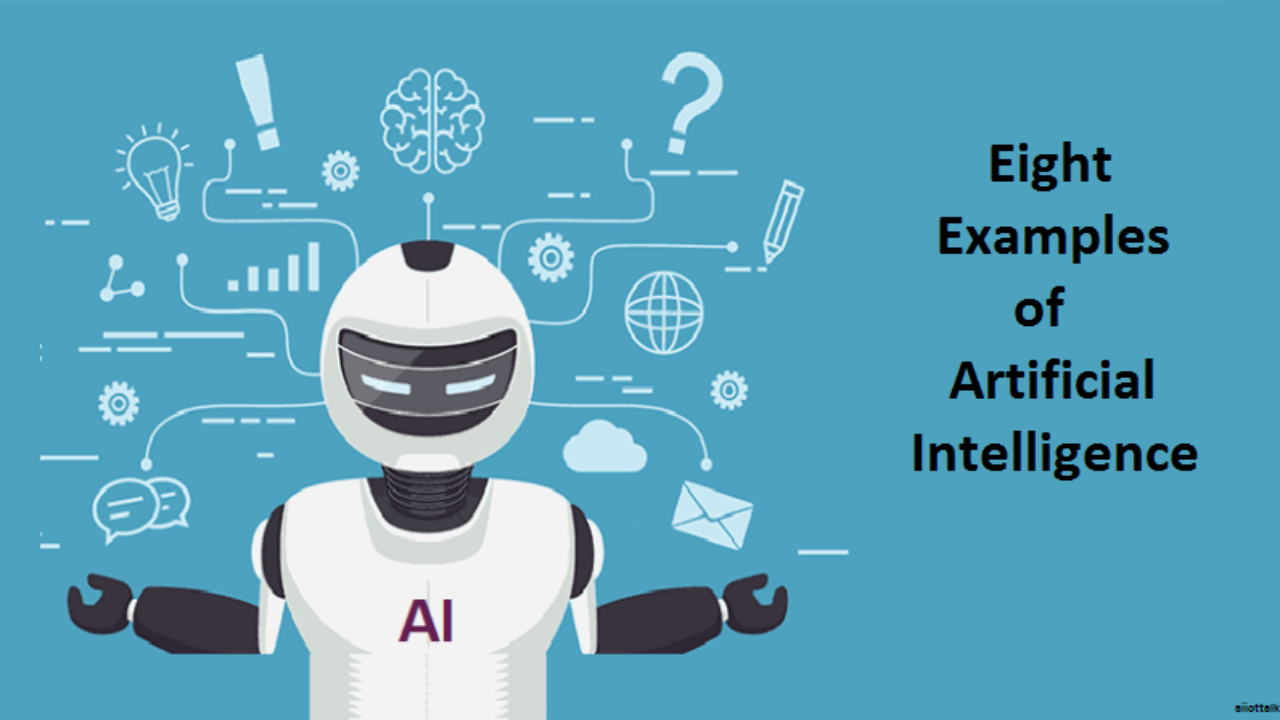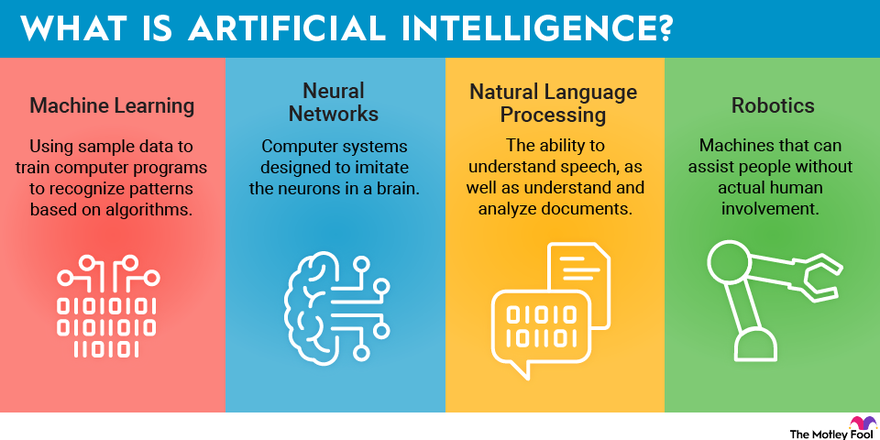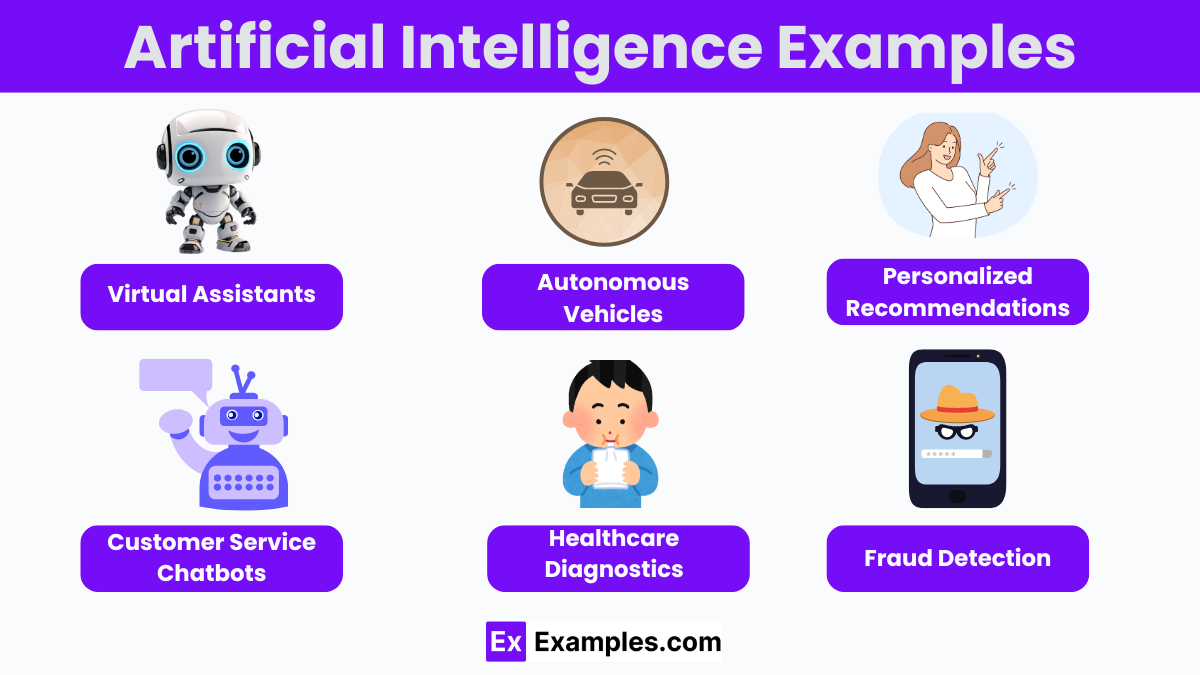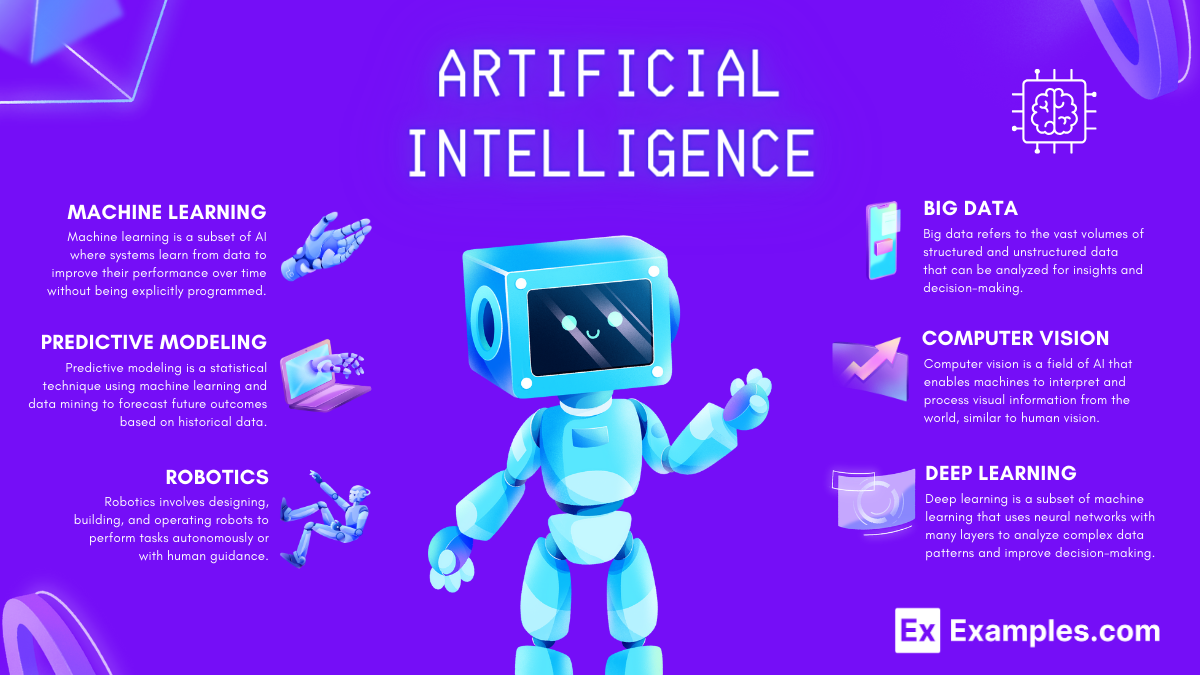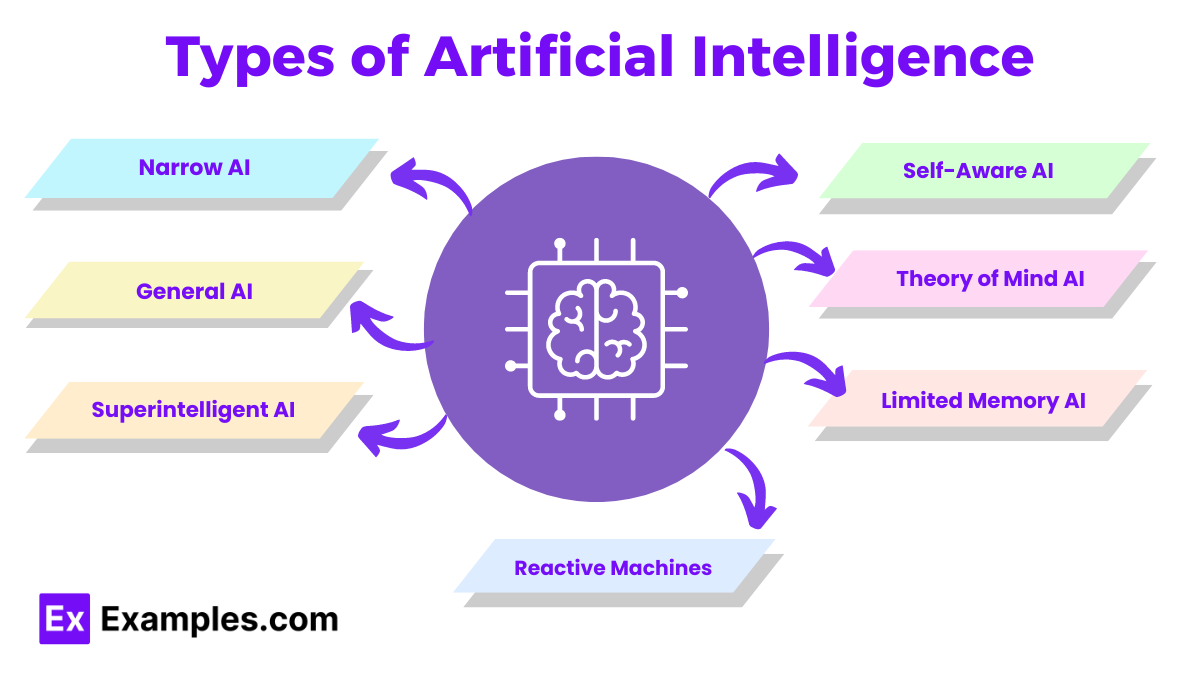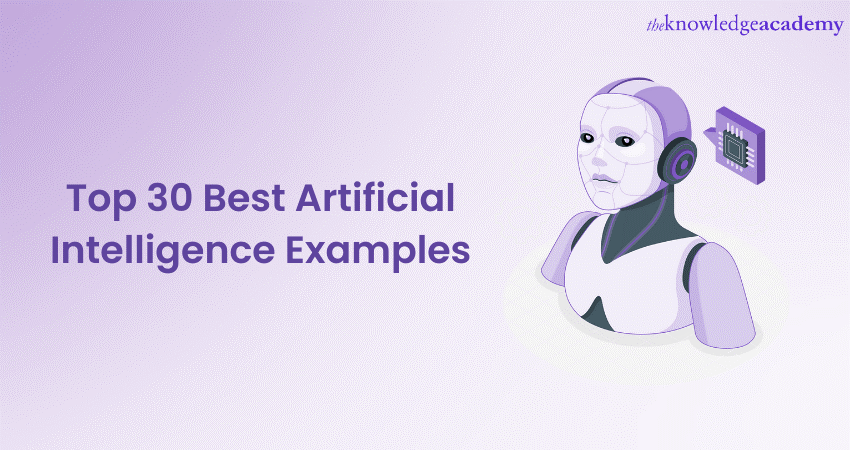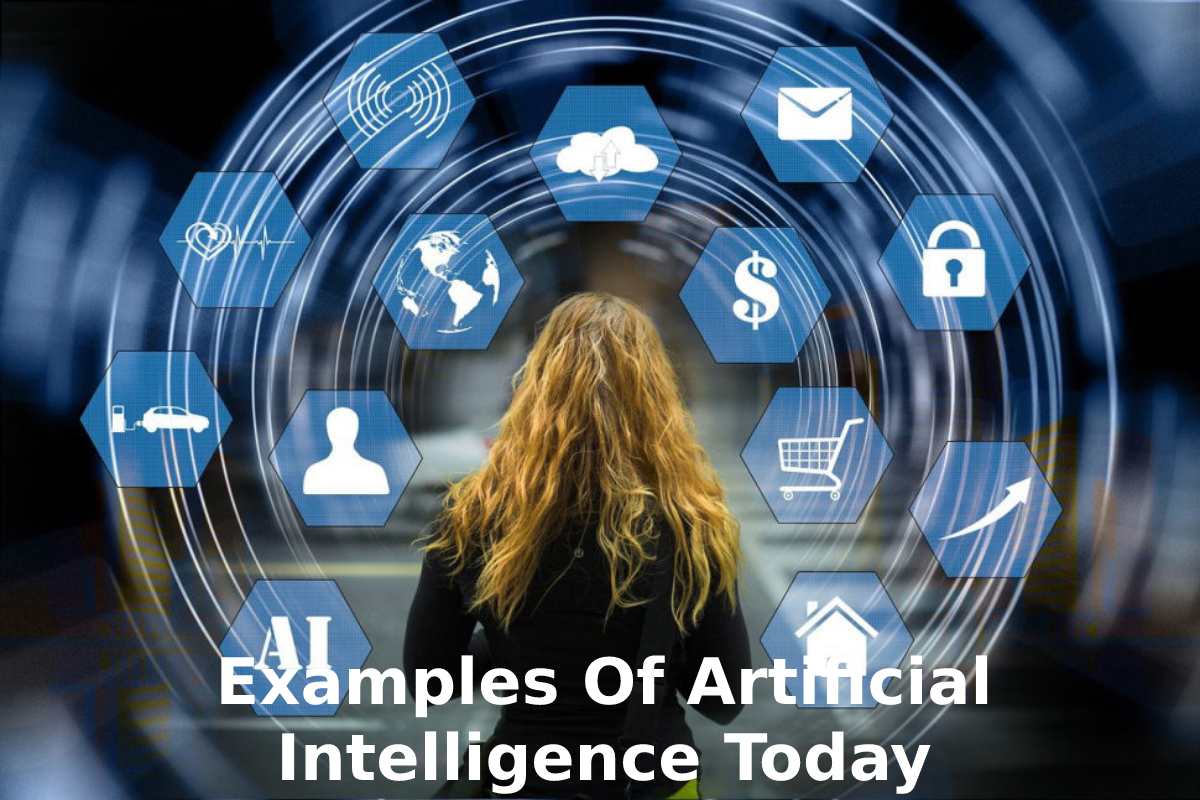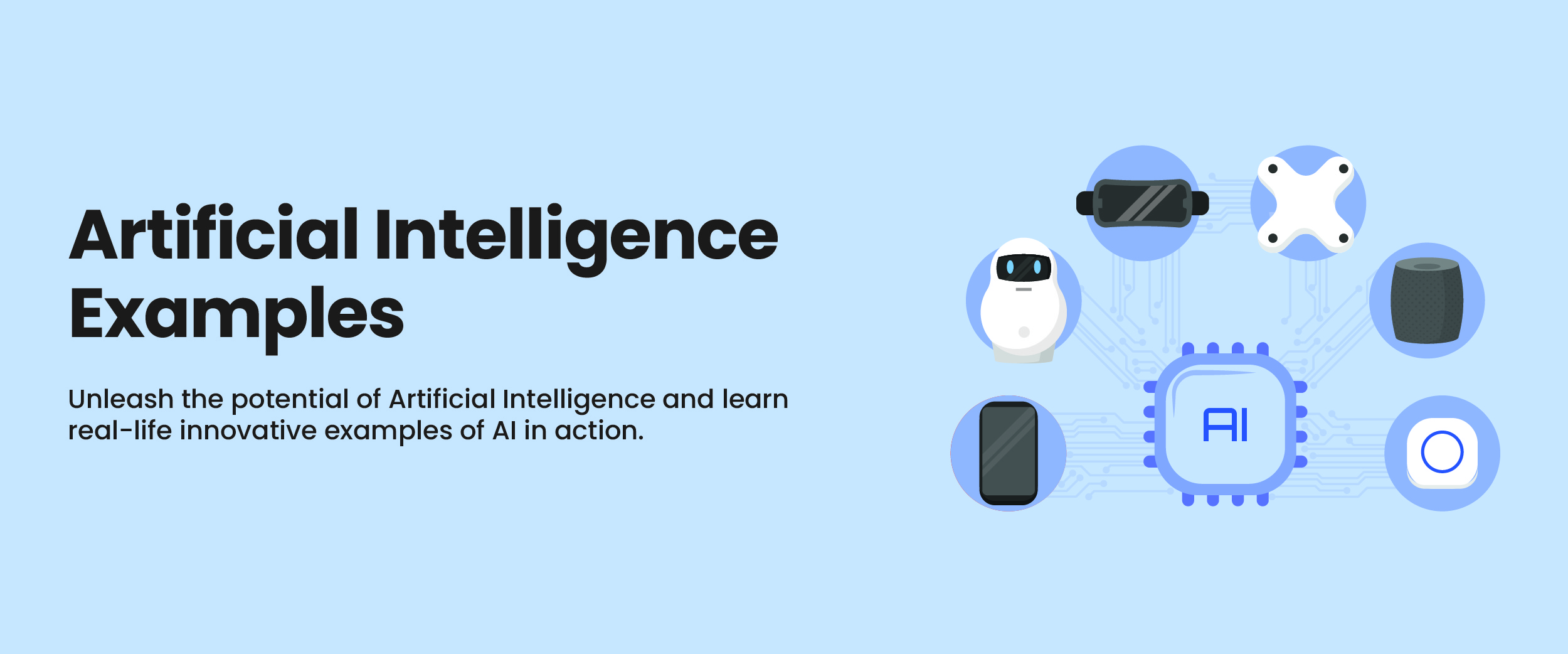What Are Examples Of Artificial Intelligence

Artificial intelligence is no longer a futuristic fantasy; it's woven into the fabric of our daily lives, impacting everything from how we communicate to how we navigate the world.
This pervasive technology manifests in numerous forms, often working behind the scenes to enhance efficiency and convenience.
AI in Everyday Applications
Recommendation systems are a prime example. Platforms like Netflix and Spotify use AI algorithms to analyze your viewing and listening habits. The goal is to suggest content you might enjoy, increasing engagement and platform loyalty.
Google's search algorithm is another powerful application. It uses AI to understand the intent behind your queries and deliver relevant results, improving search accuracy.
Virtual assistants such as Siri, Alexa, and Google Assistant respond to voice commands, set reminders, play music, and even control smart home devices. They employ natural language processing (NLP) to understand and respond to human language.
AI Transforming Industries
In healthcare, AI-powered diagnostic tools assist doctors in detecting diseases earlier and more accurately. AI analyzes medical images like X-rays and MRIs to identify subtle anomalies that might be missed by the human eye, potentially saving lives.
The automotive industry is undergoing a revolution with the development of self-driving cars. Companies like Tesla and Waymo are investing heavily in AI to create vehicles that can navigate roads and make decisions autonomously.
Manufacturing benefits from AI-driven robotics, which automates repetitive tasks on the assembly line. This increases efficiency, reduces costs, and improves product quality.
Advanced AI Examples
Chatbots are becoming increasingly sophisticated. They use AI to provide customer support, answer questions, and even handle basic transactions, freeing up human agents to focus on more complex issues.
Fraud detection systems in the financial industry use AI to identify suspicious transactions and prevent fraudulent activity, protecting consumers and financial institutions alike. These systems analyze patterns and flag anomalies in real-time.
Image recognition software can identify objects, faces, and scenes in images and videos. This technology has applications in security, surveillance, and even social media, allowing platforms to tag people in photos automatically.
The Ethical Considerations
While AI offers numerous benefits, it also raises ethical concerns about bias, privacy, and job displacement. It is important to address these challenges to ensure that AI is used responsibly and ethically.
Algorithms can inadvertently perpetuate existing biases if they are trained on biased data, leading to unfair or discriminatory outcomes.
Data privacy is another major concern, as AI systems often require vast amounts of data to function effectively. Safeguarding personal data and preventing misuse are essential to maintain public trust.
Looking Ahead
The field of AI is constantly evolving, with new applications and advancements emerging regularly. We can expect to see even more sophisticated AI systems in the future, transforming various aspects of our lives.
Research and development in areas like explainable AI and AI safety are crucial to ensuring that AI is used for good and that its potential risks are mitigated.
The ongoing development of AI promises further innovation and progress across numerous sectors, requiring continuous monitoring and adaptation to its ever-changing landscape.
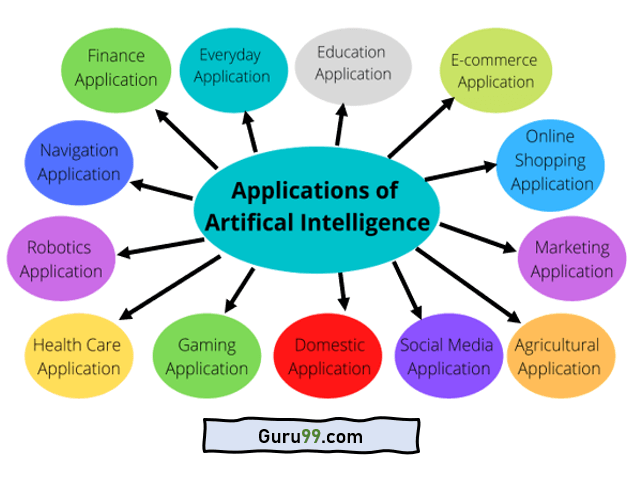
![What Are Examples Of Artificial Intelligence What exactly is artificial intelligence (AI)? [Update 2024] - Saner.AI](https://fronty.com/static/uploads/examples_og_ai.jpg)
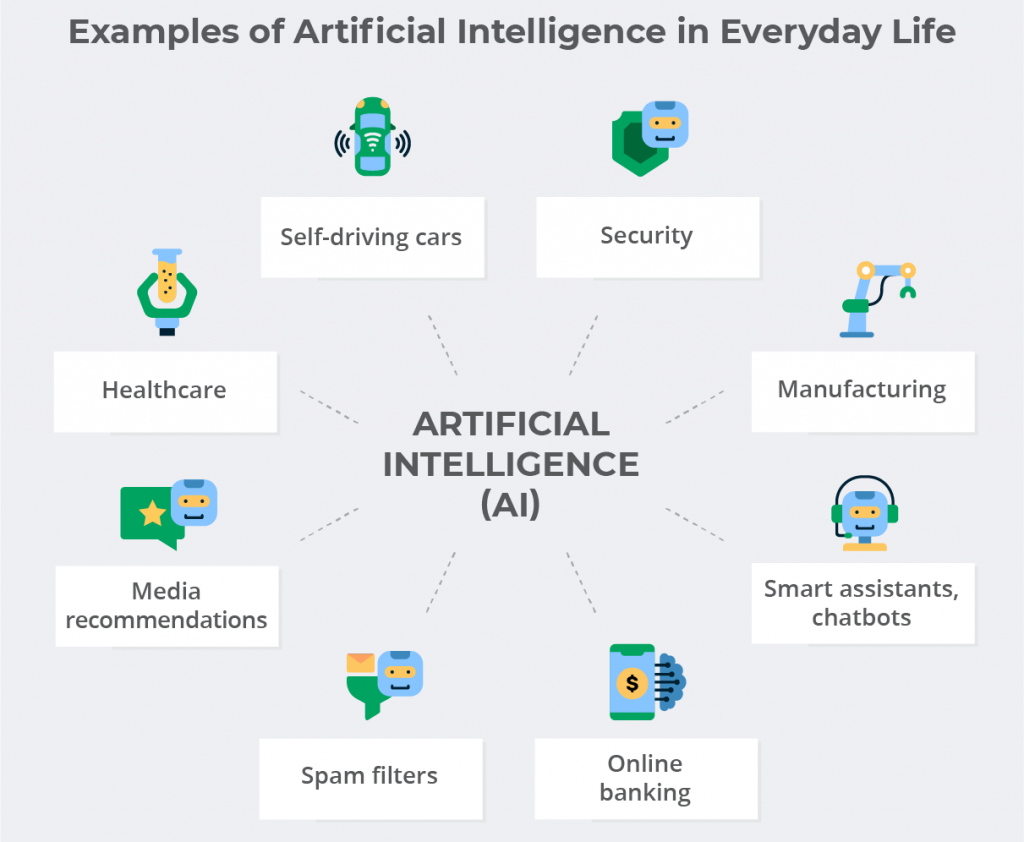
-(1).webp)
